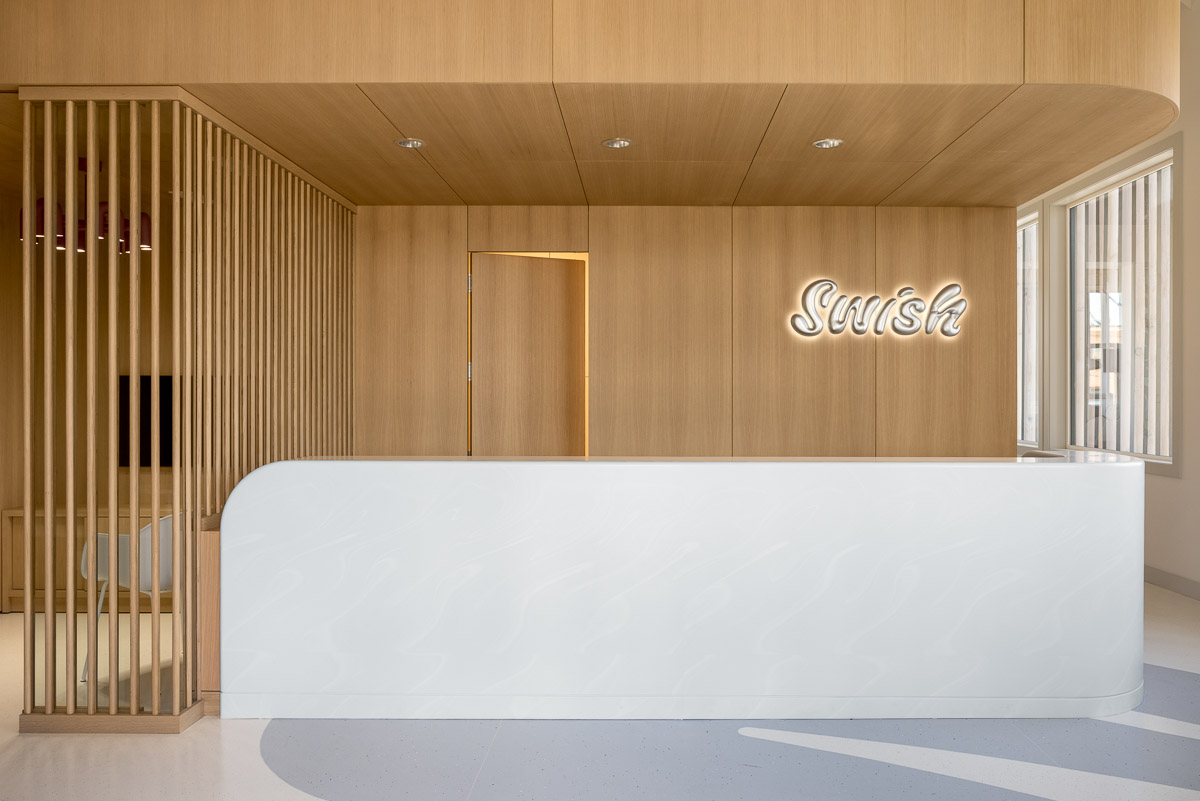December 13, 2024

Ever wished you could just wave a magic wand and bring back missing teeth? Well, thanks to the marvels of modern dentistry, we have the next best thing to replace your missing teeth: dental implants.So, what happens when more than one tooth is missing or damaged?
It's possible to replace an entire set of teeth with implants, but you may not have to. Dental implants can also support other restorative options like dentures and bridges.It’s important to explore the possibilities, benefits, and alternatives, ensuring you gain a clear understanding of your options.
Say ‘Hello’ to Dental Implants
What exactly are dental implants? Here’s your crash course: The Implant: This rock-solid base snugly fits into your jawbone, playing the part of a super anchor.
- The Abutment: The middleman of the trio, the abutment is a post that links the false tooth to the implant.
- The Dental Crown: This doppelgänger of your natural tooth gets attached to the post and voila—it's almost as if your missing tooth never left!
These components work together to provide a long-lasting and natural-looking tooth replacement option.
Why Would You Get a Dental Implant?
Dental implants are required to treat tooth loss, which could be caused by:
- Significant tooth decay
- Periodontal disease
- Cracked teeth
- Teeth grinding
If you’re dealing with missing teeth that make chewing or chatting uncomfortable, dental implants might just be your new best friend.
Dental Implants vs. Dentures
You can say goodbye to the days of removable dentures and hello to a sleek, permanent solution that can handle whatever life throws your way.
While some implants can go in right after tooth extraction, sometimes it's best to wait and let your jaw get its zen back before adding those awesome new pearly whites.
What Are Some Alternatives to Dental Implants?
Dental implants are awesome, but not everyone is a perfect match.
You need a strong jaw for implants, so if your bone density isn’t quite up to par, your dentist might chat with you about alternatives like dental bridges or dentures.
Dental Bridges
Picture dental bridges as the squad that fills the gap, with artificial teeth anchored between your natural ones—available in partial or full sets. These options might come into play if you’re dealing with gum issues, tooth damage, or bone loss. A dental check-up can map out the best plan for your unique smile journey.
What Are Implant Bridges?
When several or all teeth are missing, or if you don’t have healthy teeth to support a bridge, your dentist may suggest an implant bridge. Instead of natural teeth as anchors, an implant bridge is supported by dental implants.

How Many Dental Implants Can You Get?
If you have multiple damaged teeth, the question is…how many implants can I get? Fortunately, dentists can replace all your teeth with implants if necessary. However, the number of implants will depend on your circumstances.
For a single tooth, a dentist typically recommends replacing just that one. However, if all of your teeth are compromised, your dentist might suggest the "all-on-4 dental implant" method.
What Are All-On-4 Dental Implants?
The all-on-4 approach is a game-changer for those needing extensive replacement. By using 4 strategically placed posts, you can anchor a full or partial row of teeth. This method offers stability while minimizing the number of implants required, reducing surgical complexity and strain on the jaw.
However, adequate bone volume and density are crucial for the success of this procedure. If necessary, your dentist may recommend a bone graft to strengthen the jaw bone and ensure the implants' longevity.
How to Care for Your Dental Implant
Caring for dental implants is simpler than you might think. Just treat them like your natural teeth:
- Brush twice daily for 2 minutes each time
- Floss regularly
- Use mouthwash once a day
- Rinse with water after meals
Your dentist might suggest specialized brushes or floss to cater to your needs.
Following post-surgery instructions diligently reduces the risk of complications. While durable, implants aren't invincible and can be damaged, but your dentist can address any issues if you catch them quickly.
If you notice anything unusual with your implant, schedule an appointment right away.
Do You Need Dental Implants?
Whether you're opting for a single implant or considering the all-on-4 approach, dental implants offer a solution to restore the function and look of your teeth.
At Swish Oral Care, we want to help you achieve your best dental health. Request an appointment today to explore your treatment options and regain your smile's full potential.